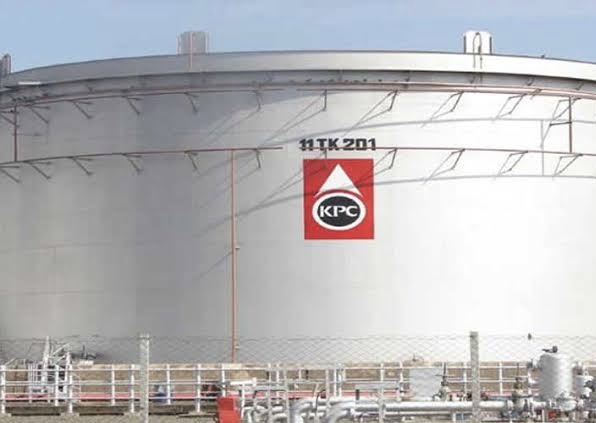KEY POINTS
- Kenya integrated KPC and KRA digital systems to halve fuel truck turnaround times, addressing a key bottleneck in East Africa’s supply chain.
- New “Smart Gates” and 24/7 operations aim to reduce cargo clearance delays, backed by penalties for non-compliant oil marketing companies.
- Infrastructure upgrades, including a $40 million pipeline link and expanded storage at KOT 2, aim to stabilize regional fuel supplies and curb price volatility.
Kenya’s Ministry of Energy has rolled out sweeping upgrades to the country’s fuel supply chain, targeting chronic distribution bottlenecks and storage limitations that have plagued the sector for years.
Energy Cabinet Secretary J. Opiyo Wandayi announced the reforms during an oil and gas industry forum in Nairobi, emphasizing the integration of the Kenya Pipeline Company (KPC) and Kenya Revenue Authority (KRA) digital systems to streamline operations.
The merger of KPC’s SAP platform with KRA’s iCMS customs system aims to slash truck turnaround times at depots by 50%, addressing delays that previously stretched up to 72 hours. “This integration eliminates manual verification, reducing human error and corruption risks,” Wandayi stated. The reforms come amid rising regional fuel demand, with Kenya’s consumption growing by 8% annually, driven by industrialization and cross-border trade with Uganda, Rwanda, and South Sudan.
Infrastructure upgrades and stricter penalties aim to stabilize regional fuel supply
Complementing the digital overhaul, KRA has deployed “Smart Gates” at all KPC facilities, automating cargo inspections and tax clearances. “The system went live on April 6, 2025, and will revolutionize fuel logistics in East Africa through enhanced transparency, visibility, and process predictability,” said Dr. Lilian Nyawanda, KRA Commissioner of Customs and Border Control. The gates use AI-powered scanners to detect smuggling and expedite compliant shipments, cutting clearance times from 12 hours to under three.
To further curb delays, KRA will align its working hours with KPC depot schedules, enabling 24/7 operations. Oil marketing companies (OMCs) causing overnight truck backlogs now face penalties under the Transport Service Agreement. “OMCs must comply or risk fines equivalent to 5% of delayed cargo value,” Nyawanda warned.
Meanwhile, Star reports that KPC Managing Director Joe Sang confirmed the completion of the Port Reitz-Kipevu Oil Terminal 2 (KOT 2) pipeline link, a $40 million project designed to ease congestion at Mombasa’s port. Five rehabilitated crude oil tanks at KOT 2 now hold 120 million liters of Automotive Gas Oil (AGO), doubling storage capacity and insulating Kenya from supply shocks.
Industry leaders welcomed the changes but urged sustained enforcement. “Past reforms faltered due to lax oversight. Penalties must bite to deter sabotage,” said Petrokenya CEO Wanjiku Mburu. The upgrades align with Kenya’s Vision 2030 goals to position Mombasa as a regional energy hub, competing with Tanzania’s Dar es Salaam port.



